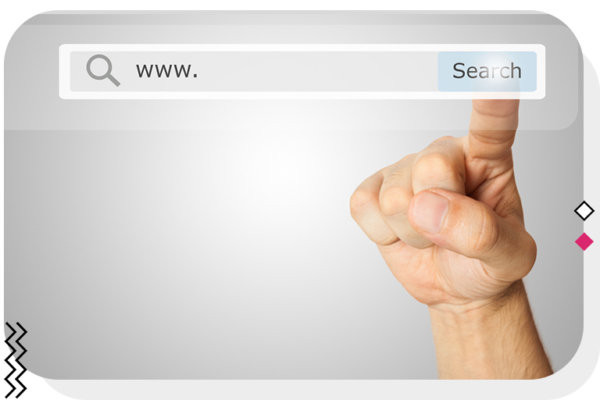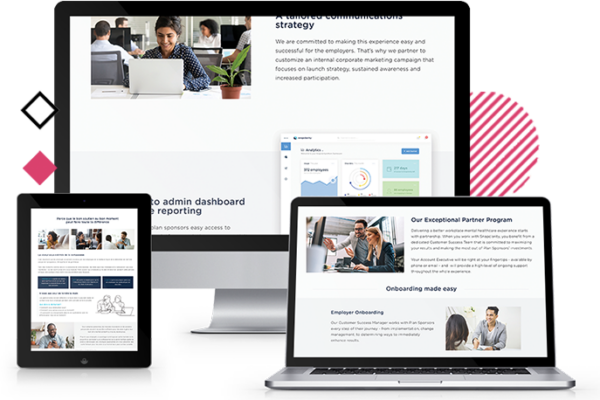On-Page SEO Services.
Optimize your webpages for higher Google rankings

Trusted by many reputable businesses




The Importance of High-Quality On-Page SEO for Businesses Today
Being at the top of your on-page SEO game requires both attention and dedication. Each time you add a new piece of content or page to your website, it should be well-optimized for SEO purposes. This SEO work is essential to increasing your search engine ranking and attracting visitors organically. Through high-quality content, keyword implementation, and improvements to your site’s appearance, our experts provide quality on-page SEO services that help raise your Google search ranking performance. By incorporating on-page SEO services in your digital marketing plan, you can drastically improve your chances of attracting organic visitors to your website.

Enhances ROI

Provides real-time data analytics

Gives your brand exposure and visibility

Improves conversions and sales
Some of the On-Page SEO Services We Offer
On-Page SEO Strategy
Our SEO consultants create custom on-page SEO strategies that can be easily implemented for your business. We provide actionable strategies based on research to ensure a higher ROI on your overall on-page SEO efforts. These strategies help create clear marketing goals with the steps required to achieve success. By having a strategy in place for on-page SEO activities, businesses can not only achieve better results but also discover new and profitable SEO opportunities.


Keyword Research
As part of our on-page SEO services, our team conducts keyword research to determine which search terms should be included throughout your online content. This helps you target keywords that your audience is likely to search for and lets you develop content that increases your position in search engine rankings for these keywords.
Image Alt Text Optimization
We provide alt text that concisely and accurately describes your images and improves their visibility. This is an important step as it makes the images user-friendly for the visually impaired and allows search engines to understand what the images entail. This will also contribute to your ranking position for specific keywords.


Meta Titles and Descriptions Optimization
Meta titles and descriptions are the text that is shown in search engine results to describe your web pages. By optimizing these with on-page SEO best practices, we equip your website with meta titles and descriptions that encourage users to click on your webpage when they see you in their search results.
Header Optimization
Headers can directly affect your rankings by making your content more readable to search engines and enjoyable for visitors. With the absence or poor use of headers, content can seem overwhelming for the visitor, pushing them to exit the page. Additionally, headers help you offer keyword-rich content that allows search engines to better understand the contents of your webpage, therefore ranking you higher in search engines.


Structured Data Optimization
Structured data is a format used to highlight specific information regarding a webpage and allow search engines to determine what they should show to search engine users. It also helps the audience receive an answer for their search query directly on the search engine page. Our team can implement search engine structured data to offer an enhanced user experience to visitors and increase website conversions.
Visual Web Page Optimization
Webpage visuals such as images, videos, and more can have a large impact on the performance of your website. Optimization paves the way for several advantages such as faster page loading times, improved ranking opportunities, and enhanced user experience. Our team helps improve the positive impact of webpage visuals without compromising the quality of your webpage.


Project Result Tracking
We continuously monitor and improve the performance of your on-page SEO through relevant KPIs. By following up with these activities’ results and making adjustments where necessary, we can ensure your website is fully optimized and regularly set up to rake in higher organic traffic.

Our work
Discover how we’re achieving a 98% satisfaction rate on the many projects we complete for our valued clients
Get started today.
Ready to accelerate your online growth?


